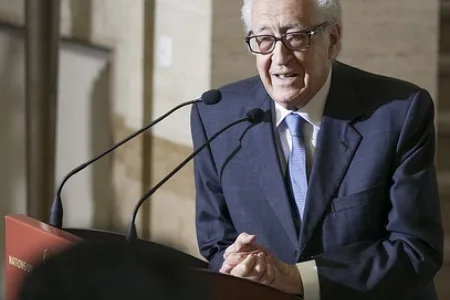The principles of mediation and the role of third parties in peace processes

This report focuses on the roles that third parties should play during a dialogue facilitation process. The high number of negotiations launched and peace agreements reached during 2012 confirms the trend observed during the last decades that the most common form of conflict termination is through negotiated settlements. However, according to the 2012 figures, about 40% of the negotiation process faced serious difficulties or did not achieve any results. Considering that the literature has shown a high correlation between the participation of third parties and peace talks’ success rates, one obvious explanation for the high percentage of peace negotiations that are unable to properly move forward could be the absence of third parties. Another factor could be linked to the performance of third parties when they do participate in dialogue processes. Some of the most frequent causes of crisis in negotiations are the warring parties’ lack of confidence in the facilitating third party. Therefore this report addresses the functions that third parties can perform in a peace process. It defines key concepts, summarises the most important features of peace negotiations in 2012 and addresses the roles of third parties in dialogues to end violence.